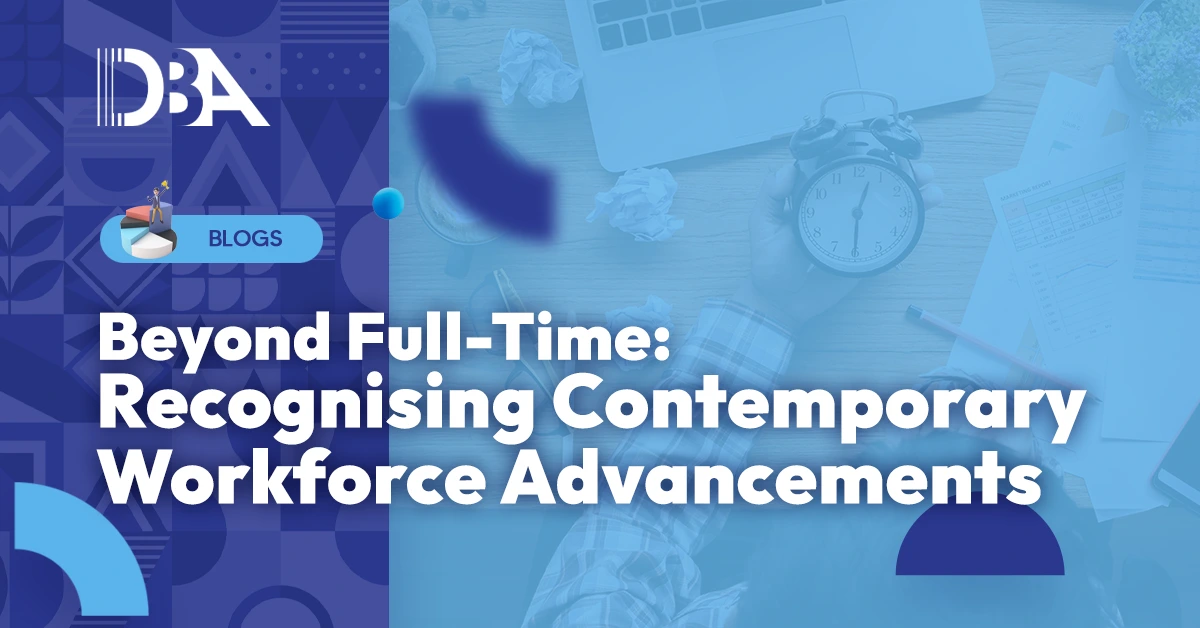Keeping your business afloat during this ever-changing economic landscape can be quite daunting and complex.
Businesses must pay taxes as mandatory contributions to the government. However, due to the COVID-19 pandemic, we are still seeing businesses experience cash flow issues and fail to make payments. Moreover, changes in legislation and regulations are making it even more challenging to remain compliant with the ATO.
According to the ATO’s annual report, collectable debt has increased by 8.3% and is now at $38.5 billion (as at 30 June 2021). Moreover, small businesses account for the majority of the collectable debt, with $24.3 billion debt holdings collectively.
Getting the right advice and completing the relevant statutory requirements can help your business meet tax standards. You may also want to consider these valuable tips to remain ATO compliant and make your tax time less stressful.

Tips to remain ATO compliant
1. Know your responsibilities and obligations
As an owner, you are responsible for overseeing everything about your business—from service delivery to sales and accounting. In particular, you must understand the taxation legislation and your legal obligations. This includes meeting lodgment deadlines, and paying your debt and employees’ superannuation on time.
If you’re starting a business, you must also make sure you:
- Register a Tax File Number (TFN) whether you are a sole trader, company, trust or partnership,
- Obtain an Australian Business Number (ABN),
- Register for Pay as You Go (PAYG) withholding if paying for salaries or wages, and
- Register for Goods and Services Tax (GST) if buying or selling goods and services and when your annual turnover reaches $75,000.
Knowing your responsibilities can help you better understand and fulfil your legal obligations as a business owner. Moreover, it will ensure you adhere to ATO requirements.
2. Keep accurate, complete and up-to-date records
Businesses, whether big or small, must practice thorough and regular review of records for the correct and timely lodgment of returns. Proper bookkeeping and accounting also ensures that your tax affairs are in order for an efficient reporting of business activities.
Some things you also have to keep updated and check for accuracy are:
- cash income and expenses
- personal drawings
- use of company money or assets
- goods for personal use
- private expenses and business expenses—also make sure they are separate
- valid tax invoices if registered for GST
- stock records
- records for motor vehicle claims.
Good record keeping also allows you to report your income and cash transactions correctly. Moreover, it enables you to identify and substantiate claims for deductible expenses. There are three golden rules for defining business deductible expenses:
- The expense must have been for your business, not for private use.
- If the expense is for a mix of business and private use, you can only claim the portion that is used for your business.
- You must have records to prove your claim.
Keeping your records up to date helps you avoid backlogs and makes it easier for you to meet lodgment deadlines. Several very good software and most banking apps also allow you to store invoices and receipts. Thus, you can have peace of mind that you are staying on top of all your financial transactions.
Understanding your legal obligations, keeping updated records, on-time reporting, knowing changes in tax legislation and getting the right tax advice can help you remain ATO compliant.
3. Prepare and lodge your reports on time
If you provide or obtain goods and services, then you must register your business for GST. This also means you will need to lodge your Business Activity Statements (BAS)—monthly, quarterly or annually. Your BAS report on and enable you to make payments for taxes, such as:
- goods and services tax (GST)
- pay as you go (PAYG) instalments
- PAYG withholding tax
- fringe benefits tax (FBT) instalments
However, if your business is not registered for GST, you will need to lodge an Instalment Activity Statement (IAS) instead of BAS. The ATO issues the IAS before the lodgment due date and enables businesses to make PAYG instalments. Furthermore, business owners must still lodge an IAS even if there is nothing to report.
On the other hand, your Income Tax Return (ITR) provides information on both your personal and business income and deductions. However, what you need to report on your ITR will depend on the type of business you operate.
Generally, all businesses must lodge activity statements and returns, and pay their taxes each financial year. Unfortunately, because of circumstances like COVID-19, some businesses fail to settle their tax requirements on time and incur heavy penalties.
Even if you cannot make payments, you should still lodge your statements and reports on the due date. You should also inform the ATO about your circumstances so you can apply for a workable payment plan arrangement.
4. Stay abreast of changes in tax legislation
The economic landscape is always changing, and tax legislation must also be updated for the government to cope and adapt. Hence, business owners must keep abreast of any changes to know new obligations and remain ATO compliant.
One example is the Jobkeeper Payment scheme that was introduced as a relief for businesses impacted by COVID-19. Jobkeeper enabled eligible businesses to cover the cost of their employees’ wages by providing $1,200 per employee every fortnight. The scheme officially ended on 28 March 2021, while the last date for payment is on 31 March 2022. However, it was later amended, and payments can still be made to eligible entities in limited circumstances.
Now that we are seeing the end of the impact of the last two years, we also see some normality returning. In fact, businesses and superannuation balances are already starting to recover. However, this means that we should also expect new laws and requirements for ATO compliance. Staying up to date with tax legislation can help ensure you are well prepared for new obligations to avoid receiving penalties.
Leveraging the expertise of good business advisors also enables you to have more time to focus on growing your business.
5. Get the right advice and tools
The ATO is also quite strict with discrepancies in returns and has been contacting business owners about their income and expense claims. Having a trusted and experienced accountant ensures your reports are lodged correctly and on time.
Getting support from a tax professional also gives you the confidence that your tax affairs are in order. Moreover, they can help you thrive as we enter a new kind of normality and make your business more resilient.
Implementing an accounting software also ensures your records are up to date. There are several software and applications available to automate your record keeping. With the right tool in place, you can manage your invoices, expenses, payments and reports, and monitor cash flow more efficiently.
With the right advice and proper tools, you can reduce the stress of tax time and avoid receiving a call from the ATO. Moreover, you can have peace of mind that you are reporting and lodging correctly. Thus, you can have more opportunities to improve your tax position.

How can DBA help you remain ATO compliant?
Indeed, tax compliance can be quite complex and we hope these tips to remain ATO compliant relieves some of the stress. But remember, you don’t have to shoulder the burden of meeting your tax obligations alone. Working with professionals not only helps you run your business smoothly but also ensures the ATO is happy with your activities.
DBA Advisory Pty Ltd is a registered Tax Agent in Australia. Our Business Services Division is composed of highly competitive accountants with extensive experience working with reputable Australian accounting firms. We offer a complete end-to-end business solution to help you become a game changer in your field of expertise.
Our foundations are rooted in the fundamental accounting principles and tax standards that make us better accountants and business advisors. We are also committed to nurturing long-term partnerships with our clients. Moreover, our goal is not only to provide reliable, on-time service but also to add value to it.
We also understand the power of technology and cloud computing and are proud XERO Certified Advisors. Our team of technically equipped accountants can implement and run the most advanced accounting software available. Moreover, we can automate your process and optimise your workflow to maximise efficiency.

Maann Sagun, MDC, DMP

Maann Sagun, MDC, DMP
Share


DBA’s Global Head of Sales and Marketing, Jason Ryan recently attended the Intrigue MAdVerse Conference in Melbourne, where key insights around the evolving concept of “value” were shared. His takeaway: value is not just a concept—it’s an experience that is deeply human. At DBA, we are committed to embracing innovation while staying rooted in empathy, creativity, and connection to build a future where technology and humanity thrive together. Read more of his insight here!

Jason Ryan CFP, DBA’s Global Head of Sales and Marketing, attended the Symphony Conference in February, hosted by Fin365, Principals Community, and Netwealth. The event brought together industry leaders and professionals to discuss the latest trends and strategies in the financial services sector.






© 2024 DBA. All Rights Reserved.





